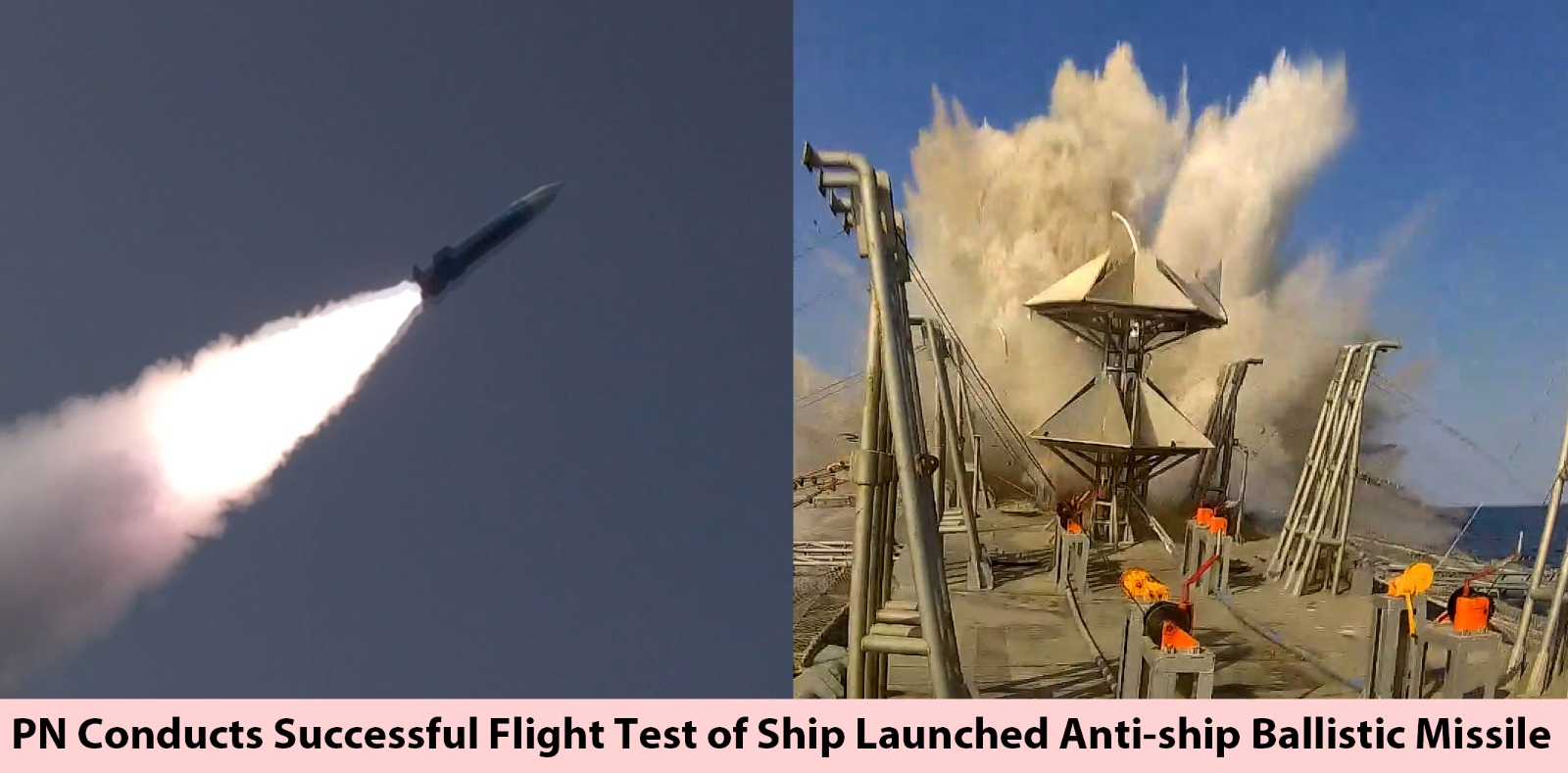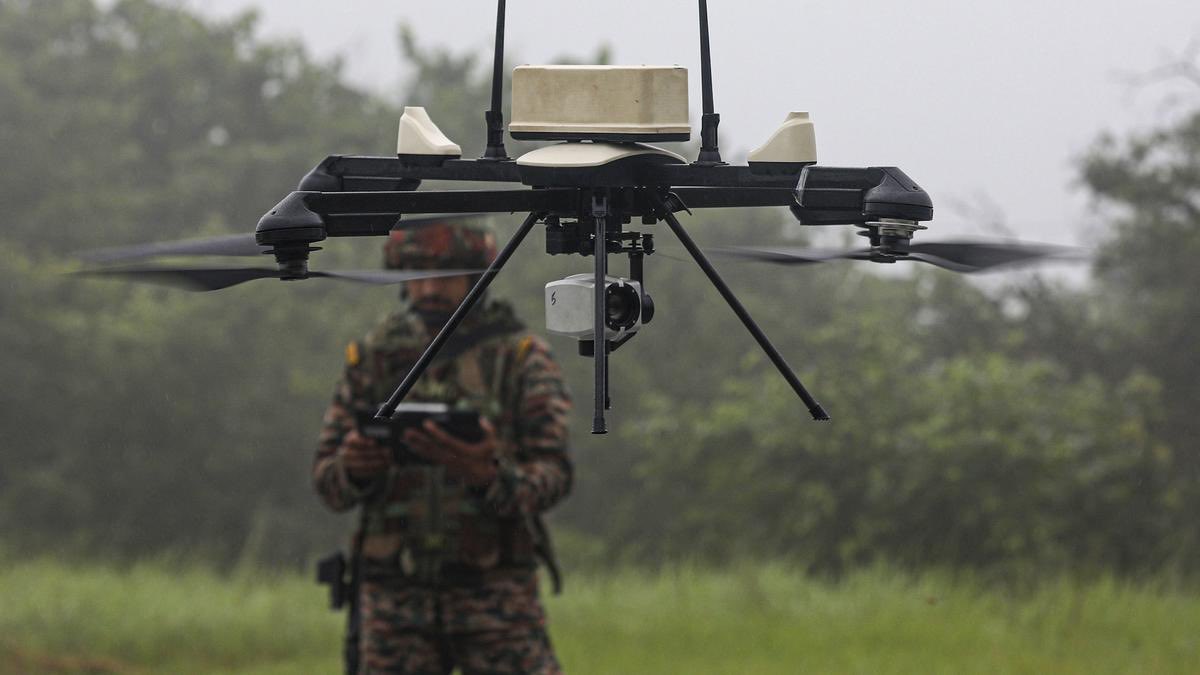Pakistan’s PM Imran emphasized the importance of a peaceful and stable Afghanistan for Pakistan and the region while meeting his Bahraini counterpart in Saudi Arabia.
In a meeting, he went on to say that the international community’s continued and constructive participation was crucial in preventing a humanitarian disaster, averting economic collapse, and promoting long-term growth and stability in Afghanistan.
Premier Imran also emphasized the significance of releasing Afghanistan’s frozen assets in order to assist Afghans.
While Pakistan’s Foreign Minister Shah Mahmood Qureshi has emphasized the need for effective steps by the international community for durable peace and stability in Afghanistan as well as in the region.
The Foreign Minister stated this at a meeting with his Saudi counterpart Prince Faisal bin Farhan al Saud in Riyadh. They discussed regional and international issues as well as matters of mutual interest.
They agreed to enhance bilateral cooperation between Pakistan and Saudi Arabia at the United Nations and Organization of Islamic Cooperation.
Shah Mahmood Qureshi said the Middle East Green Initiative Summit will help build a regional narrative to tackle the implications of climate change.
Read More: 7 killed, 140 injured in protests against Sudan military
Meanwhile, at the United Nations, Pakistan has underscored the need for promoting conflict resolution and dispute settlement.
Pakistan’s Ambassador Munir Akram during a debate on the UN chief’s report, titled ‘Our Common Agenda’ released last month at General Assembly.
He said our common agenda must also address the pervasive, inequality, which is the hallmark of our times, and which is the root cause of both development, and conflict.
Read More: Questioning women is an unquestionable demand
He said the United Nations’ “prevention mandate” remains controversial due to the blatant double standards applied in addressing specific situations.
The Pakistani envoy said that the UN cannot create a new national “social contract” for sovereign states, which, he said must be determined by each state within the context of its own political, social, cultural, and historical context.
Meanwhile, Pakistan along with regional countries is active in helping the Afghan Taliban-led government to keep the country running. As the situation is deteriorating day by day and the IS is holding grounds in the instability, the regional countries are concerned about this rising threat.
However, European countries are reluctant to establish their diplomatic presence in the country which the Afghan Taliban are trying to achieve.
- GDI Staffhttps://defensetalks.com/author/umair/
- GDI Staffhttps://defensetalks.com/author/umair/
- GDI Staffhttps://defensetalks.com/author/umair/
- GDI Staffhttps://defensetalks.com/author/umair/












